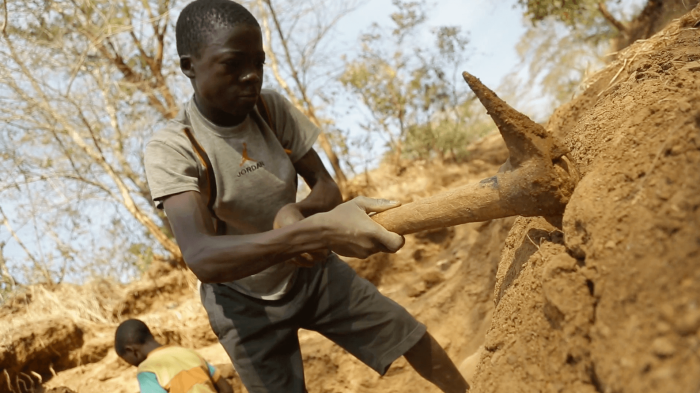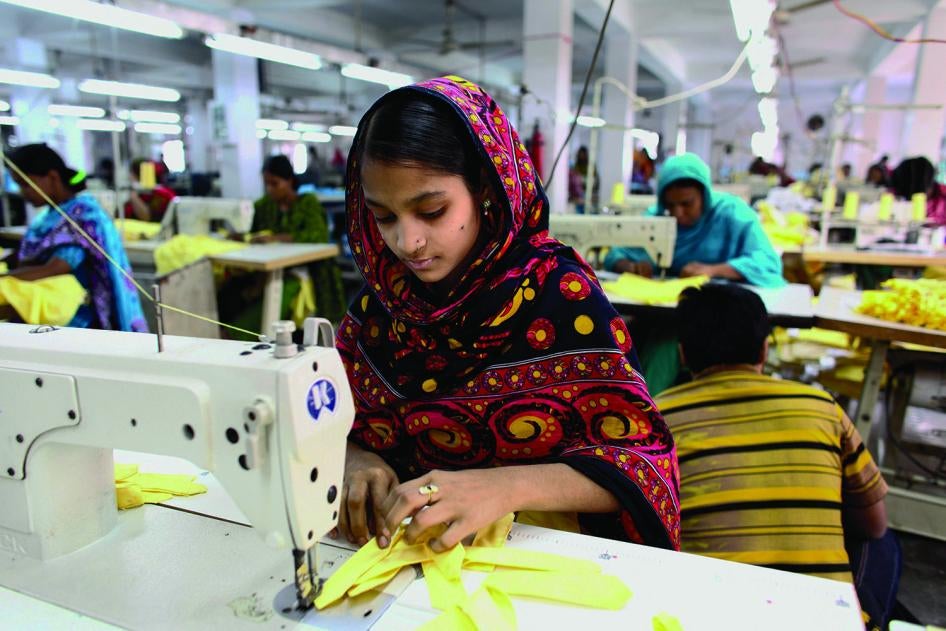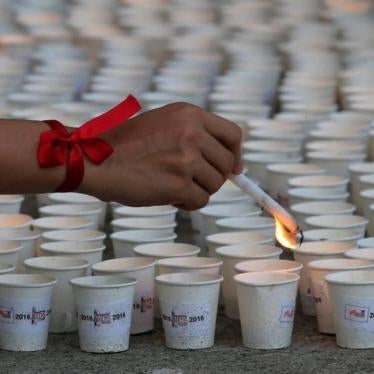Today, the International Labor Conference (ILC) took a decision that may eventually have a profound impact on the millions of vulnerable people who work in global supply chains.
After two weeks of at-times contentious debate at its annual summit, the ILO agreed to set up a so-called “technical meeting” to consider what “guidance, programmes, measures, initiatives, or standards are needed to promote decent work” in global supply chains. That may sound like a small, bureaucratic step for the ILO, a United Nations agency that brings together employers, workers, and governments, to take, but it opens the door to a new binding treaty requiring respect for workers’ rights in global supply chains.
More than 450 million people work in jobs connected to global supply chains. People like “Rosa”, a thirteen-year-old girl I met in a makeshift mine in Ghana, digging for gold in an unstable mine; People like Hasina, a garment worker in Bangladesh who received death threats because she unionized workers; Or people like “Anil”, a construction worker in Dubai who worked for months without pay, and while suffering from ill-health, before he committed suicide.

Worldwide, businesses from many sectors increasingly rely on complex chains of suppliers that span multiple countries to source goods and services. Yet, many businesses have insufficient safeguards in place to ensure that they do not contribute to human rights abuses in their supply chains.
Employers groups fought the proposal to create the technical committee. As observers for Human Rights Watch, my colleagues and I watched heated exchanges between employers and workers. I also watched the Malian spokesperson for the African government delegates, urge fervently for better human rights protections in global supply chains.
Negotiations on a new treaty may still be a way’s off. But we are a step closer towards better protection for millions of workers.









